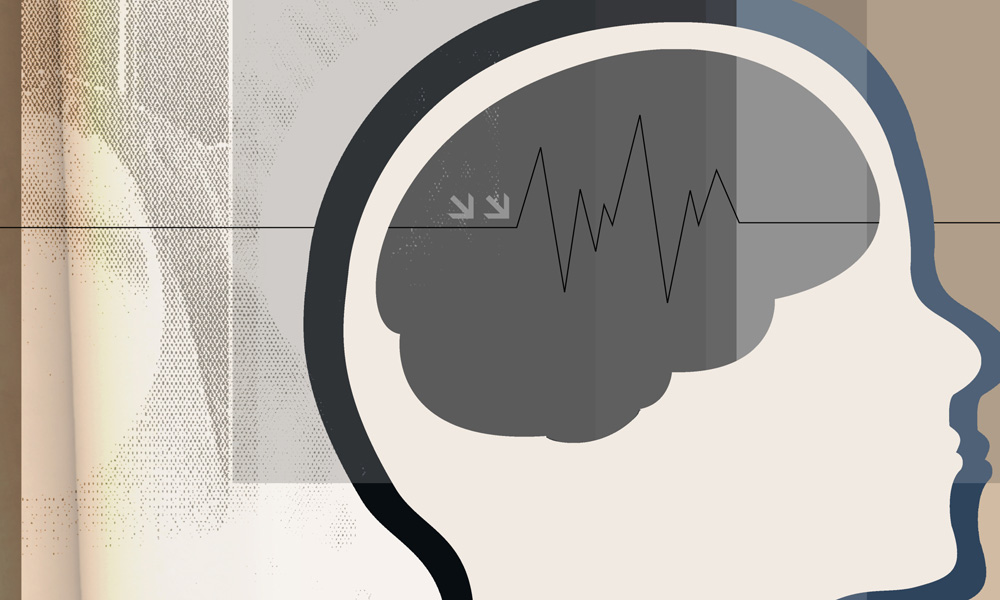
Groups React to Obama Plan for Mental Health Care
President Obama's highly anticipated press conference on curbing gun violence in the U.S. included a series of proposals on mental health. How have associations in the field reacted?
A recent tragedy could prove a breakthrough for mental health reform, according to a number of associations.
In reaction to last month’s Sandy Hook shooting, where a gunman took 26 lives at a Connecticut elementary school, President Barack Obama gave a press conference yesterday announcing a new package of policies to prevent gun violence, including tougher gun control laws and measures that would increase access to mental health services.
We’ve made progress, but we still have a long way to go.
(Read the full transcript here.)
Proposals in Obama’s mental health care plan include training teachers to recognize students who need help and refer them to mental health services, and finishing regulations that will define what mental health coverage would be required in insurance plans, Bloomberg reports. The $500 million gun-violence prevention plan dedicates at least $80 million to mental health efforts.
Reaction from groups dealing with mental health issues was mostly positive:
Mark Covall, president of the National Association of Psychiatric Health Systems, applauded Obama’s proposed rules that would require health insurance plans to to treat mental illness the same as other illnesses, according to MLive.com. And he noted that the stigma attached to mental illness can be amplified after a tragedy like Newtown. “We all know in the field that yes, there are many people who have mental illness who are dangerous, but it’s a very small percentage of the overall folks who have mental health or addictive disorders,” he said. Speaking at a press briefing, Covall said, “We’ve made progress, but we still have a long way to go.”
Michael Fitzpatrick, executive director of the National Alliance on Mental Illness, called the mental health care system “broken.” Obama’s push to reduce or eliminate higher copays and other limitations that may prevent access to mental health services for those who need them is “huge,” he said.
Wayne Lindstrom, president and CEO of Mental Health America, said in a statement to Bloomberg that Obama’s approach “represents the beginning of a sea change in the way we look at mental health in this country.”
But some, like Clark Romans, head of the Southern Arizona National Alliance on Mental Illness, took issue with linking gun violence and mental illness. According to the group, only 1 percent of those with a mental illness are considered violent. “I don’t think there’s enough definition around what aspects of a mental illness would cause someone to be violent,” Romans told Tucson News Now. He also expressed concern about patients’ rights, questioning how patient information would be used under the plan.
Update: The American Psychological Association (APA) sends along a note regarding their group’s statement on the issue. They were also largely supportive of Obama’s proposals. “The recent gun violence tragedy in Connecticut spotlighted our nation’s mental health system and the need to redouble efforts to make effective services available and refer individuals to treatment when indicated,” APA’s CEO, Norman B. Anderson, PhD., said in a statement on the matter. “To achieve these goals, it is critical to overcome the stigma often associated with seeking mental health care.”
(Stockbyte/Thinkstock)






Comments